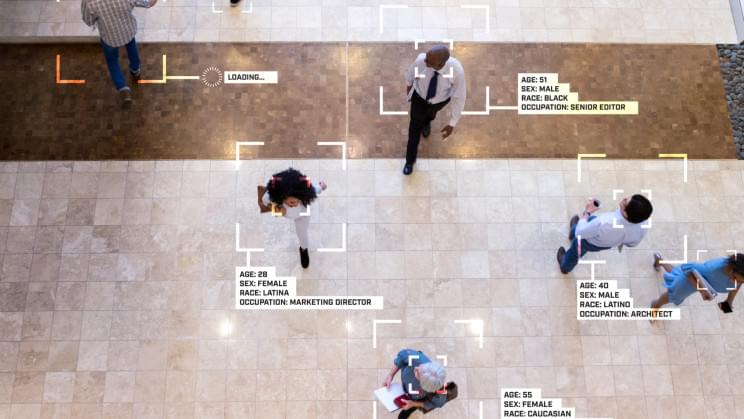One of China’s biggest AI solution providers SenseTime is a step closer to its initial public offering. SenseTime has received regulatory approval to list on the Hong Kong Stock Exchange, according to media reports. Founded in 2014, SenseTime was christened as one of China’s four “AI Dragons” alongside Megvii, CloudWalk, and Yitu. In the second half of the 2010s, their algorithms found much demand from businesses and governments hoping to turn real-life data into actionable insights. Cameras embedded with their AI models watch city streets 24 hours. Malls use their sensing solutions to track and predict crowds on the premises.
SenseTime’s three rivals have all mulled plans to sell shares either in mainland China or Hong Kong. Megvii is preparing to list on China’s Nasdaq-style STAR board after its HKEX application lapsed.
The window for China’s data-rich tech firms to list overseas has narrowed. Beijing is making it harder for companies with sensitive data to go public outside China. And regulators in the West are wary of facial recognition companies that could aid mass surveillance.
But in the past few years, China’s AI upstarts were sought after by investors all over the world. In 2018 alone, SenseTime racked up more than $2 billion in investment. To date, the company has raised a staggering $5.2 billion in funding through 12 rounds. Its biggest outside shareholders include SoftBank Vision Fund and Alibaba’s Taobao. For its flotation in Hong Kong, SenseTime plans to raise up to $2 billion, according to Reuters.
Full Story:






